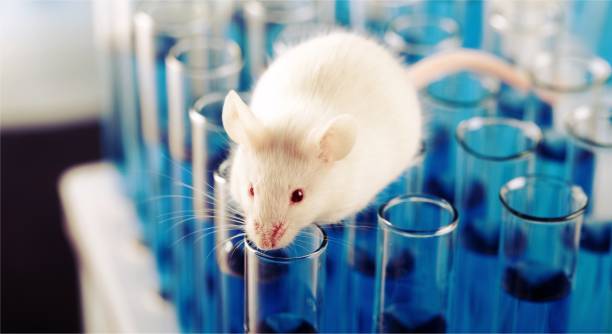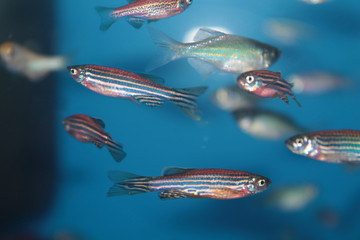Welcome to the Lab Animal Hybrid Course
A course on the Care and use of laboratory animals: mice, rats and zebrafish will be organized at the University of Crete (Department of Biology), Greece in collaboration with the Institute of Molecular Biology and Biotechnology, FORTH, Crete, Greece.


12th International Course 2026
April- May, 2026
Crete, Heraklion, Greece
Theoretical part of the Course – Online Lectures
6 of April to 20 of May 2026
Practical part of the Course – On Campus Courses
26 to 29 of May 2026

FELASA ACCREDITED
COURSE FELASA ID: F051/15
Care and Use of Laboratory Animals:
The main objectives of this course are (i) to provide advanced education, training and skills regarding the care and use of vertebrate laboratory animals, (ii) to present the basic philosophical concepts and scientific principles on animal welfare, (iii) to clearly comprehend the vital principles for quality research, and (iv) to provide an international certificate demonstrating competence in working with laboratory animals for research purposes.

MICE

RATS

ZEBRAFISH
FELASA Accreditation
FELASA ID: F051/15
Target Group
The course comprises lectures, practical hands-on training, group assignments, self-study and final examination. The contents of the course are in line with the requirements of the European Directive 2010/63/EU (covering functions A-carrying out procedures on animals, B-designing procedures and projects, C-taking care of animals, D-euthanising animals) and the recommendations of the Federation of European Laboratory Animal Science Associations (FELASA) for the accreditation of Educational and Training courses for Laboratory Animal Sciences. Successful participants will be awarded a FELASA accredited certificate, which demonstrates competence in working with laboratory animals for research purposes.
Professionals, Researchers, PhD and post-graduate students from all fields of Biomedical & Veterinary Sciences who are responsible for directing and/or carrying out animal experiments.
Organised by:

The Center for Training and Lifelong Learning (KEDIVIM)
See here for details.
